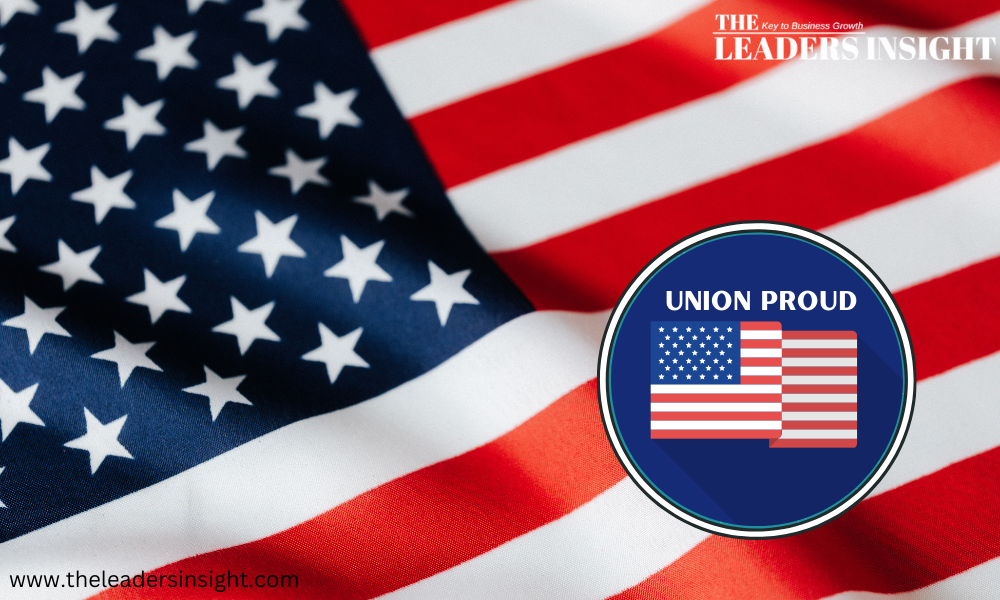Labor Union Influence in the 2024 Presidential Race

In the crucial final stretch of the 2024 presidential campaign, labor unions have emerged as a significant battleground, with Vice President Kamala Harris actively working to solidify support among unionized workers across the United States. However, this campaign faces a unique challenge: a noticeable split within labor organizations, with some unions diverging from their traditional backing of Democratic candidates. The stakes are high, and the decisions of these groups could have a substantial impact on both major parties, as they look to secure votes in key states.
Kamala Harris’s Appeal to Union Workers
Vice President Harris has been making concerted efforts to engage with union members nationwide, emphasizing labor rights, wage increases, and improved worker protections as central themes. Her campaign has focused on securing support from traditional labor unions and reinforcing the Democratic Party’s commitment to the working class.
Union households have traditionally been a reliable voting bloc for Democrats. However, recent economic shifts and dissatisfaction with some national policies have created fractures within these groups, particularly on issues like healthcare, energy policies, and inflation. These divergences mean that Harris’s campaign faces the complex task of appealing to a union base that is increasingly diverse in its political views and priorities.
Shifts Within the Labor Movement
Some labor organizations, notably in the manufacturing and energy sectors, have expressed reservations about certain Democratic policies, such as those impacting fossil fuel jobs and the transition to green energy. This divergence is particularly visible in states with economies heavily reliant on these industries. For instance, AFL-CIO, one of the largest and most influential unions, has historically aligned with the Democrats, but some members within its ranks have voiced concerns that are being courted by Republicans. This shift could disrupt the traditional labor support for the Democratic ticket and significantly impact Harris’s campaign.
Adding complexity to this landscape is the endorsement of Service Employees International Union (SEIU), a powerful union primarily representing healthcare and public sector employees, which has remained steadfast in its support for the Democratic Party. They argue that Harris’s policies align closely with workers’ interests, particularly in healthcare and wage increases, crucial issues for their membership base.
Competing for Union Votes in Key States
Both Harris and her Republican opponent have recognized the strategic importance of union votes, particularly in battleground states like Pennsylvania, Michigan, and Ohio. POLITICO highlights the close contests in these areas, where unions play a critical role in voter mobilization and campaign outreach. Harris has committed to supporting labor-friendly policies, including strengthening collective bargaining rights and expanding paid family leave.
The campaign trail has seen Harris appearing at several union-hosted events, seeking to rally workers who may feel alienated by the shifting political climate. In contrast, her Republican challenger has made appeals to workers in manufacturing and coal industries, positioning the GOP as a defender of traditional jobs and economic stability.
The Importance of Union Solidarity
Maintaining union solidarity is a critical factor for the Harris campaign, as a fragmented labor vote could impact the Democratic ticket’s chances in November. The International Brotherhood of Teamsters has been vocal about its endorsement of the Democratic Party, aligning with Harris on issues like pension protection and workplace safety. However, smaller, independent unions in sectors like coal mining and oil drilling have signaled interest in the Republican approach, which they argue is more supportive of job security in their industries.
While the majority of national union leaders have maintained support for the Democratic platform, internal pressures are growing. Some members question whether current policies are sufficient to address inflation and other economic pressures impacting union families.
Key Labor Issues at the Forefront
For many unionized workers, healthcare remains a primary concern. Harris’s focus on expanding affordable healthcare and protections for gig economy workers has resonated with some union members, particularly in states where the cost of living has surged. Additionally, rising housing costs and inflation have put increased pressure on union households, with both parties vying to present themselves as the solution to these economic challenges.
Harris has emphasized that her administration would prioritize “pro-labor policies” to support union growth, contrasting with the Republican stance that favors business deregulation. This debate over the role of government in labor relations has highlighted the contrasting ideologies of the two parties and their approaches to addressing the concerns of American workers.
The Future of Labor Support in American Politics
As the election draws closer, the role of labor unions is expected to intensify. Harris’s continued outreach to union members underscores the importance of labor solidarity in the Democratic campaign strategy, while the Republican opposition works to draw away disillusioned workers. The direction unions choose to take in this race will likely have far-reaching implications, not only for the 2024 election but for the future of labor influence in American politics.
For more on the dynamics of union support and the Harris campaign, visit Voice of America and POLITICO.
